How to select table's columns using its number? For example:
Select col:1, col:2
From Banks
instead of
Select Id, Name
From Banks
I have problem like this - I have list of selecting queries in database, but first and second columns has different names/aliases:
- Id, Name
- Name, Description
- 1 CODE, 'Male' VALUE
- ...
I want to filter them with a parameter:
Select Id, Name
From Banks
Where lower(Name) like lower(''%' + p_bank_name + '%'')'
So, how can I write this code:
Select col:1, col:2
From Banks
Where lower(col:2) like lower(''%' + p_bank_name + '%'')'
??
Also, I can write sub queries:
Select col:1, col:2
From (
Select Id, Name
From Banks
) r
Where lower(col:2) like lower(''%' + p_bank_name + '%'')'
But, how??
